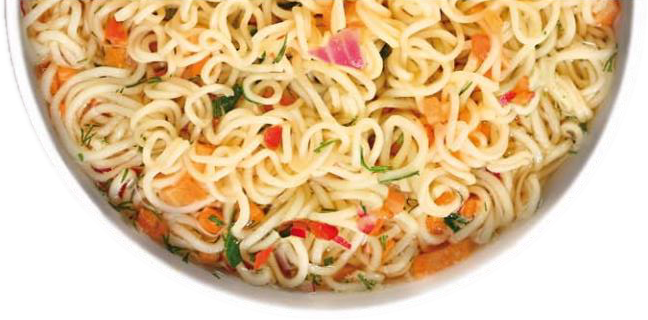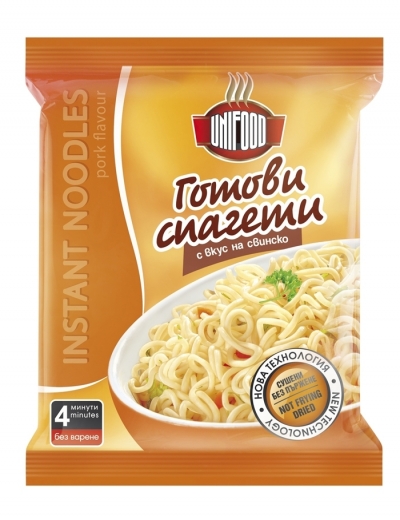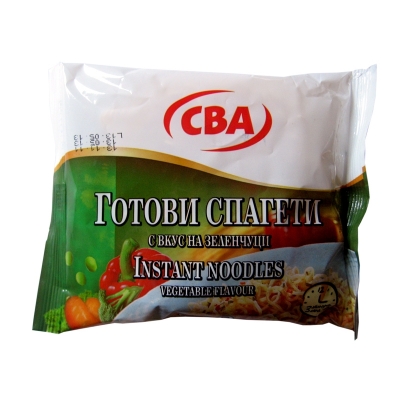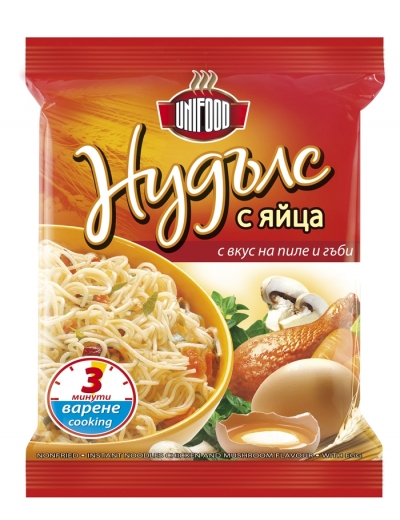SPICES WE US - EAST OF REFERENCE FOR HEALTH AND LONGEVITY
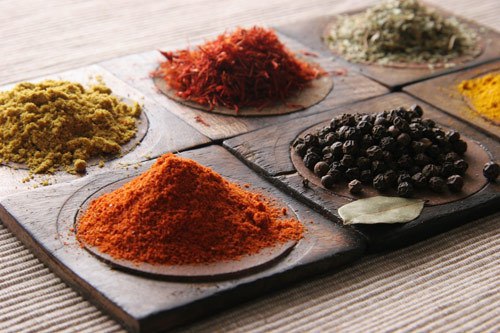
Spices we use in our kitchen, include a variety of dried herbs that are used as seasonal and flavoring agents in food daily. Some of them such as turmeric, mint, cumin, coriander, black pepper, cloves, etc. They are known for their quality to improve health, to ensure proper digestion and absorption of food. These spices are easy to use, no side effects and harmonize our bodies with nature. Healing properties and use of spices:
Turmeric
Allergies: Turmeric can be used in the hives, where there are serious rashes and itchy skin. Mix turmeric powder and coconut oil Apply the paste locally on the skin. One to three grams can be dissolved in a glass of warm milk and taken internally twice a day. Analgesic: Any pain or swelling, caused by the injury can be treated by application of turmeric warmed slightly mustard oil. Turmeric also has unique properties in the treatment of wounds. It prevents loss of blood from the site. Recommended consumption of hot milk with half a tablespoon of turmeric when there is external or internal injuries.
jams as a result of a cold: Money emitted by heating a piece of raw turmeric can be used for inhalation. They are a great remedy for stuffy nose.
beautification therapy: Turmeric mixed with gram flour, sandalwood powder and a little coconut oil, applied to the skin, making it soft, sparkling and helps to remove stains.
Pepper
Cough: If you suffer from cough, mix two or three grains of black pepper (powdered) with half a teaspoon of cumin seeds and a little black salt. The resulting mixture can be taken with hot water twice a day.
Rush: Taking ground black pepper (a quarter teaspoon) with water and sugar every four hours will help reduce fever. Common cold: In initial cold symptoms, the patient suffering from continuous leakage of nasal secretions can take half a teaspoon of ground black pepper, cooked in a glass of milk before bedtime.
Cinnamon
Urinary problems: One to three grams (about half a teaspoon) of cinnamon powder (made by grinding the sticks or bark cinnamon) can be considered a glass of water in case of urinary diseases such as dysuria (painful urination ). Cinnamon naturally stimulates the kidneys.
Respiratory diseases: Cinnamon destroys phlegm. It is therefore recommended for colds and sore throats. It can take from one to three grams of cinnamon powder mixed with a teaspoon of honey. For better comfort, add a pinch of ground black pepper and a few drops of ginger juice.
Toothache: Cinnamon can chew, to give strength to the teeth and gums.
Flatulence (collection of intestinal gas): You can grinding a piece of cinnamon and boil it in a glass of water. So prepared drink may be taken lightly warmed half an hour before meals. Moreover, cinnamon has been useful in the treatment of diarrhea, infections caused by worms and.
Clove
Toothache: Clove recommended to relieve toothache. You can either press it between your teeth or put a piece of cotton soaked with clove oil on the tooth gap. This not only reduces pain but has bactericidal action.
Pain: Topical application of clove oil is also helpful in relieving the pain of sciatica, arthritis, headaches, etc. For this purpose, the oil can warm up and rub massage movements on the painful area.
Lactation: Clove is recommended for nursing mothers. He has natural properties not only strengthen but also to purify the milk. One or two grams clove powder can be taken with a glass of warm milk twice a day.
Dill
Seeds of fennel can be used daily for a better sense of the taste of the dishes It is a natural mouthwash.
Skin ailments: In & nbsp; skin problems such as itching, burning hands and feet, prepare powder of equal parts of dried dill and coriander. To the mixture, add a double amount of a crystalline powdered sugar. Take half teaspoon of this mixture twice a day for several days.
Lactation: For nursing mothers dill is a gift because it increases milk production. Even during pregnancy, regular use of significant benefit. Fennel seeds can be chewed, crushed to powder or cooked in sweetened milk. This potion alleviate problems associated with pregnancy as heartburn, flatulence, nausea and vomiting.
Cardamom
Digestive problems: & nbsp; Digestive problems such as loss of appetite, indigestion, nausea, discomfort after eating, can & nbsp; to use the wonderful qualities of cardamom. The seeds of the herb are crushed and taken half a teaspoon of the powder with a little warm water.
Dental care: Another advantage of the herb has proven its effectiveness in dental problems. Prepare a potion in a cup of water add one or two cardamom seeds and boiled down to one quarter of the original amount. Rinse your teeth and gums regularly and you will feel relief. Also it acts as a mouthwash and removes bad breath.
expectorants: Cardamom fight sputum. In case of repeated bursts of coughs and colds, take cardamom powder mixed with honey. If you have a headache to stuffy nose, you could add a little cardamom powder to the heated oils such as mustard or sesame and massaging his forehead.
Safran
tonic for the brain: For saffron believe that is a gift for the brain and the entire nervous system. You can use it as adding a pinch of saffron to milk her - preferably before bedtime.
Urinary disorders: As a diuretic saffron facilitate the free urine leakage. Therefore occupies an important place in the treatment of urinary problems who have difficulty leakage. You can soak the saffron in water overnight and the next day mix it with honey or sugar.
Skin patches: Since ancient times, saffron was considered especially useful for the skin. It not only shine and removes stains, but also purifies the blood. Safflower oil is applied to the face. It can make a paste of saffron and water to apply on the affected skin.
